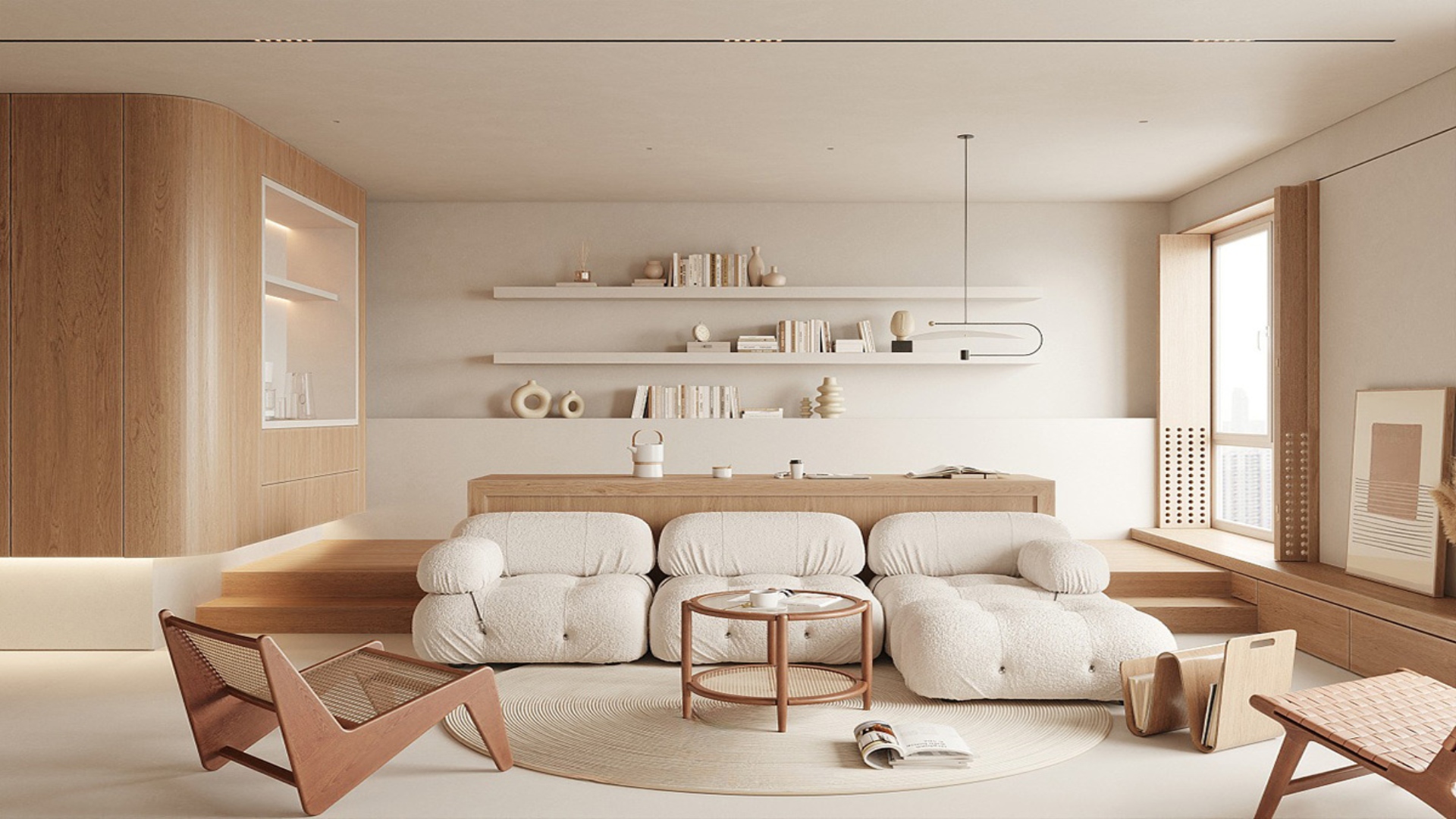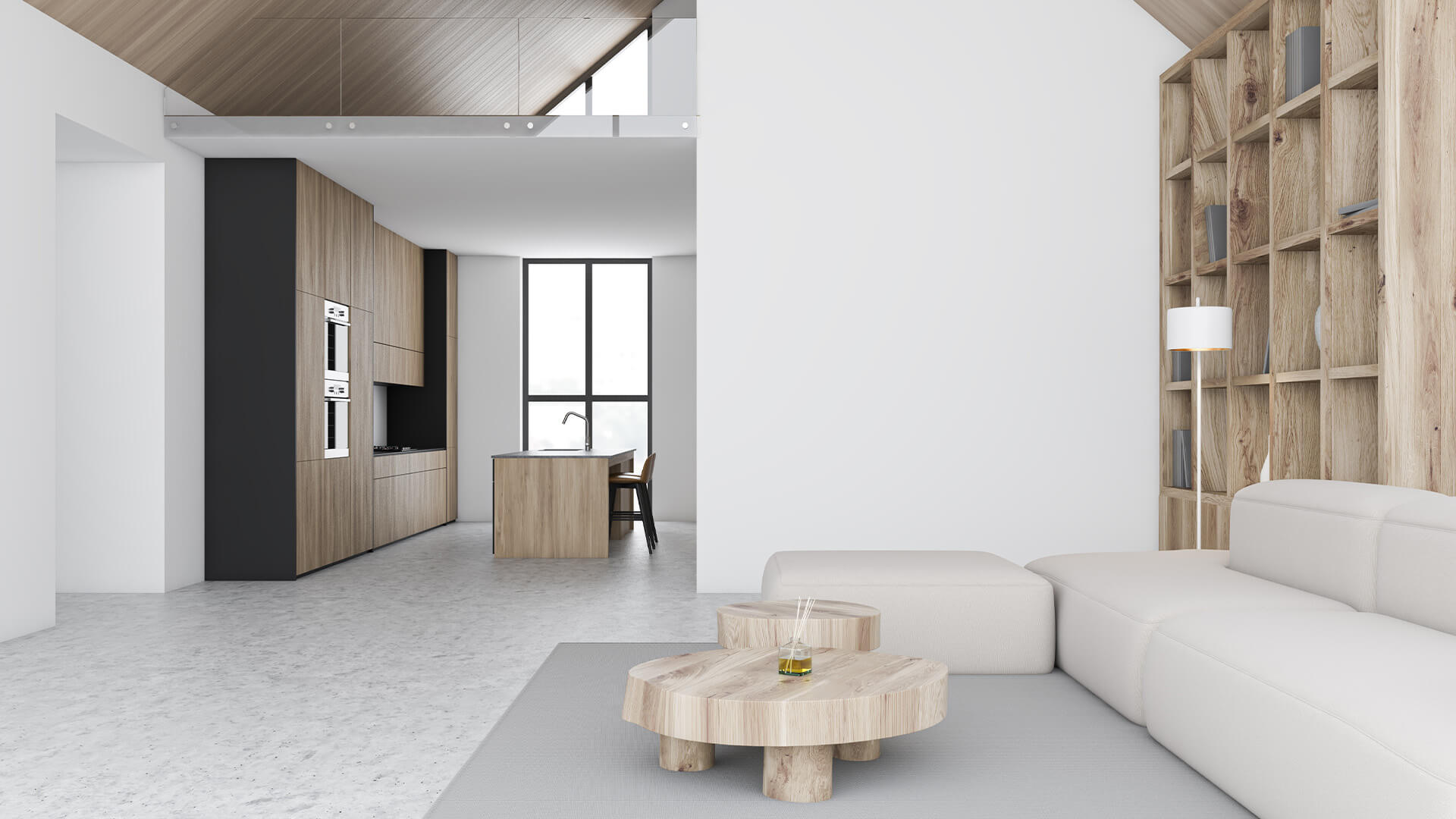Transform Your Closet and Way Of Thinking with the Principles of Minimalism
Understanding Minimalism: Methods for Lowering Clutter and Enhancing Clearness in Everyday Living
Minimalism is increasingly identified as a feasible method to enhancing clearness and emphasis in today's cluttered globe. By systematically examining our possessions and focusing on intentionality, we can develop areas that not just reflect our values but also promote psychological health.
Defining Minimalism and Its Benefits
Defining minimalism entails understanding it as a way of life choice that emphasizes simplicity and intentionality in both physical properties and daily routines. At its core, minimalism encourages individuals to prioritize what truly matters, enabling an extra purposeful and concentrated presence. By removing away the non-essential, minimalism invites individuals to involve deeply with their experiences and surroundings.
The advantages of embracing a minimalist strategy are diverse. It cultivates psychological quality, as reducing mess in one's atmosphere can lead to reduced diversions and stress and anxiety. When bordered by less ownerships, people usually report boosted focus and improved performance. Minimalism promotes financial liberty; by focusing on requirements over desires, individuals can make more informed buying decisions, leading to potential financial savings and decreased financial obligation. A minimalist lifestyle can produce psychological benefits, as it urges individuals to grow thankfulness for what they have rather than yearning for more.
Ultimately, minimalism is not simply concerning material decrease but entails an all natural shift in perspective, fostering a life characterized by equilibrium, function, and gratification. Accepting this lifestyle can bring about extensive adjustments in exactly how people communicate and perceive with the globe around them.
Analyzing Your Present Mess
Clutter frequently manifests as a frustrating build-up of things that no longer serve an objective, producing an obstacle to achieving a minimal way of living. To properly assess your current clutter, it is necessary to embrace an organized method. Begin by recognizing the areas in your living room that really feel chaotic or overwhelming. Make note of details groups of items, such as clothes, publications, or kitchenware, as this will certainly assist you recognize the range of the mess.
:strip_icc()/HopeAustinKeough03-65387902a06c421eb0b55cd34f8e0485.jpg)
In addition, take into consideration the regularity of usage for each and every item. If something has not offered a function in the past year, it may be a prospect for removal. This analysis will not just clarify your partnership with your properties however will certainly likewise establish the foundation for effective decluttering in the future. Eventually, understanding your existing clutter is a critical action towards accepting minimalism and boosting quality in your daily living.

Practical Decluttering Strategies
Having actually analyzed your existing mess, the next action is to carry out useful decluttering techniques that help with a more arranged living room. Minimalism. One efficient method is the "Four-Box" strategy, where you assign 4 boxes identified: maintain, give away, trash, and relocate. This method encourages quick decision-making and guarantees things are categorized properly
Another technique is the "One in, One out" regulation, which states that for every single new product acquired, an existing product needs to be gotten rid of. This principle helps preserve balance and avoids accumulation in time. Furthermore, think about the "30-Day Minimalism Game," where you eliminate one product on the very first day, two on the second, etc, cumulatively cultivating a feeling of achievement.
For those that have problem with emotional accessories to ownerships, the "Emotional Worth" strategy can be advantageous. Limitation yourself to a specific variety of cherished things, allowing you to value their value without overwhelming your space. Develop a routine decluttering timetable, whether monthly or seasonally, to keep a clutter-free atmosphere. By employing these strategies, you can develop a more peaceful and efficient space, inevitably boosting quality in your day-to-day life.
Developing Willful Rooms
Creating intentional areas includes a thoughtful method to how we style and organize our settings, guaranteeing each location offers a particular objective and reflects our worths. This method is important in growing a feeling of clarity Discover More and function in our day-to-day lives. By critically evaluating the function of each room, we can eliminate interruptions and improve our overall wellness.
To create willful rooms, start by determining the main activities that will happen in each location. A home workplace ought to be created to look here promote efficiency, including aspects such as adequate lighting, comfortable furniture, and minimal distractions. In contrast, a leisure location ought to advertise serenity, featuring calming colors and comfortable seating.
In addition, take into consideration the psychological influence of your environments (Minimalism). Integrating individual products that reverberate with your values, such as artwork or plants, can improve the connection to your area. Routinely evaluate these settings to guarantee they continue to serve their intended objective as your demands progress
Ultimately, creating intentional rooms is concerning making aware choices that align with your lifestyle, promoting harmony and effectiveness in your living and workplace.
Preserving a Minimalist Mindset
Welcoming a minimal way of thinking calls for ongoing representation and intentionality in our thoughts and activities. Set aside time to examine your dedications, possessions, and even electronic content, ensuring they align with your core principles.
Another key approach is to practice thankfulness. Recognizing what you already possess fosters satisfaction and reduces the desire for unwanted. This shift in perspective encourages appreciation for simplicity, boosting overall wellness. Including mindfulness methods, such as meditation or journaling, can better enhance a minimalist way of thinking by advertising clarity and minimizing psychological mess.
Additionally, establish boundaries to shield your time and energy. Learn to claim no to non-essential responsibilities and distractions that do not add to your personal development. Border yourself with similar people who support your minimal journey, as shared worths can improve inspiration and accountability.
Conclusion
In conclusion, accepting minimalism provides significant benefits, consisting of decreased clutter and improved clearness in daily life. The principles of minimalism serve as valuable devices for growing an atmosphere that sustains individual development visit this site right here and health.

In addition, consider the "30-Day Minimalism Video Game," where you remove one product on the very first day, two on the second, and so forth, cumulatively cultivating a feeling of achievement.
In final thought, accepting minimalism supplies significant benefits, consisting of reduced clutter and boosted quality in daily life.